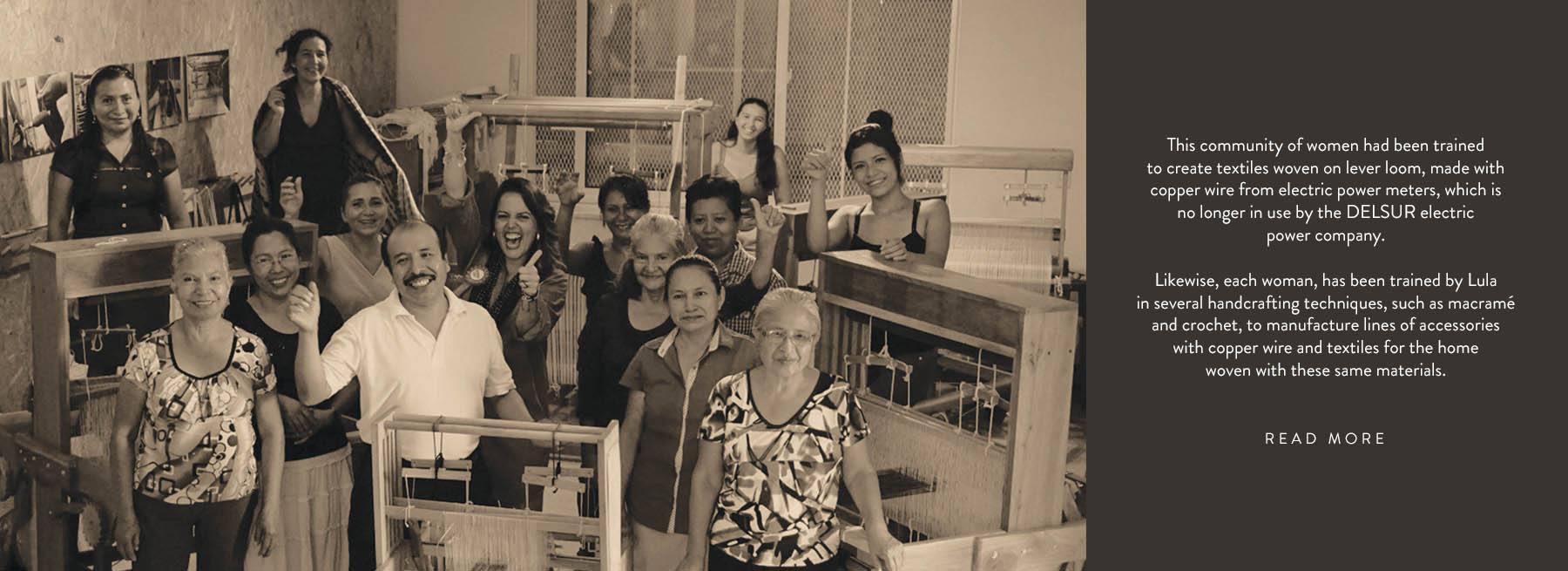Handwoven Blue Set of Kitchen Towels
Elevate your kitchen with our handwoven towels, crafted from natural cotton threads on traditional looms. Each towel is more than just a functional accessory; it's a piece of El Salvador's rich cultural heritage, woven by the skilled hands of artisans who have preserved this craft for generations.
- Set of 3
- Handwoven on traditional looms with cotton threads and tassels.
- Care instructions: Handwash or wash machine. Do not use bleach.
- 90% cotton and 10% polyester
- Size: 86cm x 52cm
These towels are not just eco-friendly, they embody sustainability. Made with natural cotton, they offer a luxurious, soft feel while being gentle on the environment. Each towel carries a unique embroidered design, reflecting the stories and traditions of the artisans who create them. When you choose these towels, you’re not just enhancing your home, you’re supporting rural communities, empowering women, and preserving ancient weaving techniques.
Imagine the satisfaction of drying your hands on a towel that’s not only beautiful but also makes a positive impact on the world. Every thread tells a story of tradition, craftsmanship, and hope. The braided edges add a touch of elegance, making these towels a perfect blend of form and function.
Bring a piece of El Salvador into your kitchen. Experience the joy of using artisanal products that make a difference. Choose sustainability, choose empowerment, choose tradition.
Transform your kitchen today—shop our handwoven kitchen towels and be part of a legacy of craftsmanship and cultural preservation.

INCOME

 The norm in rural areas is that children between the ages of 10 to 12 work the fields with their parents taking care of crops.
The norm in rural areas is that children between the ages of 10 to 12 work the fields with their parents taking care of crops.SCHOOLING


58% of the people that live in rural areas in El Salvador live in overcrowded conditions. When there is overcrowding in families, there is a higher risk of certain problems occurring, such as domestic violence, family disintegration, poor school performance, among others.

300 SALVADORANS TRY TO MIGRATE TO THE UNITED STATES DAILY DUE TO LACK OF WORK OPPORTUNITIES.
When Lula Mena began working in rural communities, many of the young women wanted to immigrate to the United States. Now that they have seen that there is an opportunity for a better life in their community, their perception of immigration has changed. They feel more confident that they will be able to provide for their families without having to leave the country. We want to continue to grow in order to offer more young adults the opportunity to work with us and avoid immigration.

One of the major challenges we faced when we began working with women was gaining the approval of their husbands. Most of the husbands and family members worried that the women would not be able to work and meet the household’s responsibilities.
Now, their husbands prepare dinner, take care of the children, and offer them support. There is still a strong sexist culture, “machismo”, in rural areas of El Salvador that we are trying to change by empowering women.





